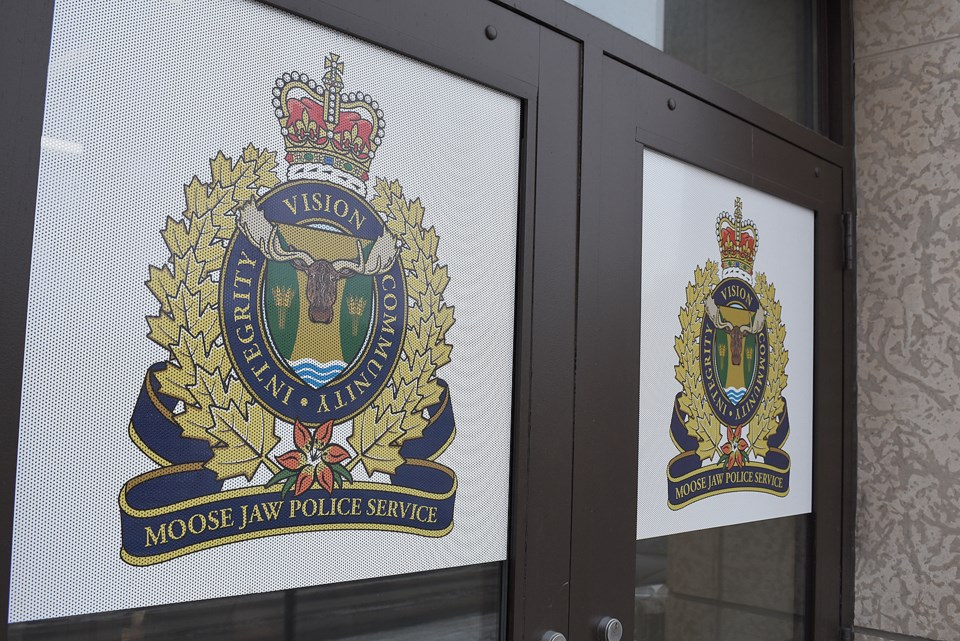MOOSE JAW — The Moose Jaw Police Service is second province-wide in the number of internet child exploitation (ICE) files it handles, which is why it wants to add two officers to this area.
The police service (MJPS) responds to 44.3 ICE files per 100,000 population, a chart in the organization’s proposed 2023 budget shows. The Regina Police Service handles the most ICE files in the province, at 56.7 per 100,000 people.
To deal with these files, the organization has asked the provincial government to fund two more positions for 2023. These officers would also be responsible for responding to serious crimes, including guns, gangs and drugs.
These two positions would be in addition to the organization’s authorized strength of 64 officers.
“We see that there’s a need for that. We think that we should be getting those,” police Chief Rick Bourassa said during the Board of Police Commissioners’ Oct. 19 meeting, during a discussion about the agency's proposed 2023 budget.
The data shows the MJPS is carrying “a fairly heavy load of ICE files” that it acquires through complaints or the provincial ICE unit, he continued. The agency has two members dedicated to this area but wants provincial funding to join the provincial unit.
“And I think it’s an argument that deserves to be heard,” Bourassa said.
The police chief added that extra officers would enable the MJPS to better staff its investigation section and its newly formed tactical unit. Both units respond to ICE files and serious crimes.
The investigation section unit (ISU) comprises a staff sergeant, a sergeant and four constables, all investigating various incidents, from arson to fraud to homicide, explained Staff Sgt. Cam Lewis. While they have other responsibilities, they spend “a considerable amount of time” working on offences against people — including regular child abuse cases.
The ISU receives one report a week about child abuse, while it sometimes deals with two to three children per incident, and must also interview the alleged abuser, he continued.
That is time-consuming, and while it’s one of the most important things investigators do daily, they are also responsible for looking into guns, gangs and drugs in the community, Lewis said.
“Those types of investigations are very human resource heavy. In order to take on those tasks — given the makeup of our unit — it literally takes every member of our unit to participate in those types of investigations,” he continued, noting the addition of one member this year was helpful.
There has been increased intelligence gathering in those three areas. That intelligence led to investigators seizing 22,000 cigarettes during one search. While that might not be as serious as drugs, Lewis pointed out they are connected.
A search in September of a home also led to the seizure of several firearms.
Lewis explained that he has been a police officer for 24 years and noted that guns have become more prevalent in the last five to seven years than when he started. Twenty years ago, it was rare — “almost like a unicorn” — to see a gun during seizures of drugs; today, officers regularly seize firearms with the drugs.
Similarly, decades ago, officers could execute search warrants while wearing regular uniforms. Today, they face higher risks and must rely on the newly created tactical unit.
Staff Sgt. Taylor Elder, with the tactical unit, gave a brief explanation of the eight-man team, its activities, gear, and the risks it faces.
“You see more and more cops being hurt or injured in the line of work. I think this is an important unit for us to establish and keep going because I don’t see the violence going down,” he added.
The next police board meeting is Thursday, Nov. 10.




